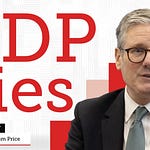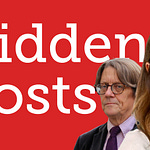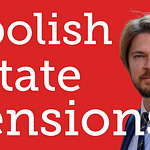We would like to apologise for the video quality issues that take place throughout the recording. This will be fixed for upcoming recordings.
In this Institute of Economic Affairs podcast, IEA Managing Editor Daniel Freeman speaks with Kristian Niemietz and Julian Jessop about the upcoming autumn budget and Britain’s fiscal challenges. The conversation examines how bond market participants have become increasingly attuned to political instability, tracking everything from cabinet relationships to policy U-turns as indicators of fiscal risk. They discuss how competitive bond markets operate not on ideology but on risk assessment, and why claims of “bond market dictatorship” fundamentally misunderstand how financial markets work.
The panel analyses Labour’s constrained position heading into the budget, caught between promises not to raise taxes on working people and the inability to cut spending due to backbench resistance despite a massive parliamentary majority. They examine various wealth tax proposals being floated, from mansion taxes to exit taxes on unrealised capital gains, explaining why international evidence suggests such measures consistently fall short of revenue expectations. The discussion covers the practical problems with revaluing council tax bands and the political toxicity of measures that would hit asset-rich but cash-poor homeowners.
The conversation concludes with budget predictions, including the possibility that Labour might not just freeze tax thresholds but actually decrease them, potentially lowering the higher rate threshold to £46,000 and the additional rate to £100,000. This would create marginal tax rates exceeding 70% and hit millions more workers including senior nurses with higher rate tax for the first time. The panel debates whether the economic arguments can overcome the political toxicity of such moves as the Chancellor prepares for what they characterise as an economically and politically toxic budget.













